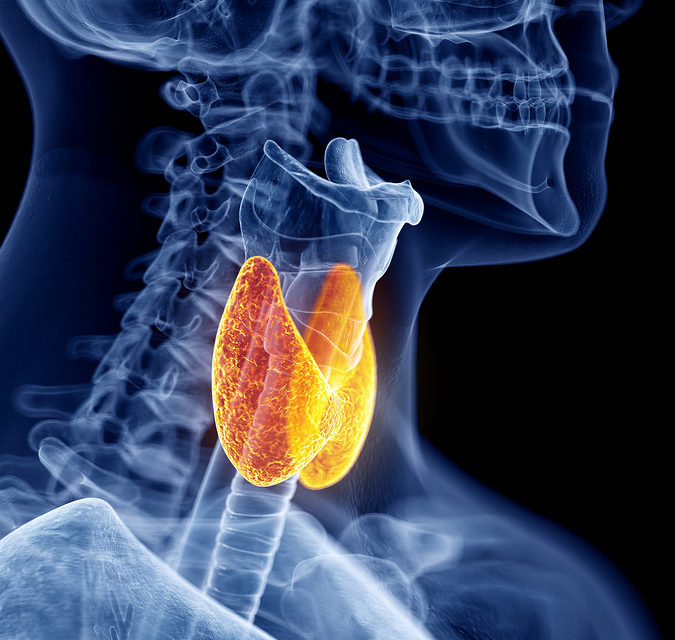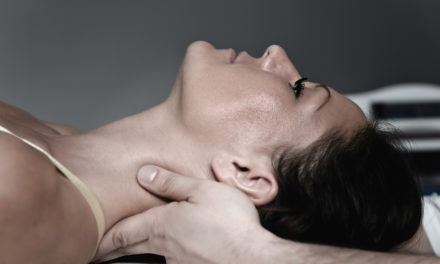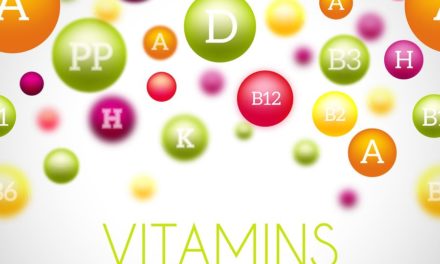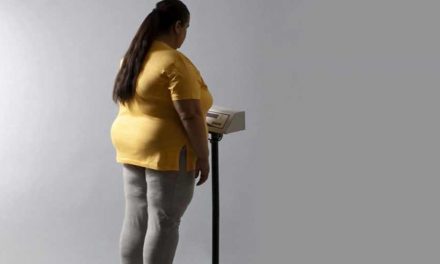The thyroid produces two hormones, thyroxine (T4) and triiodothyronine (T3). T4 can be converted to the more active T3. People taking medication for hypothyroidism commonly take Synthroid, which is T4 and contains no T3. Armour thyroid, contains both T3 and T4. Research published in the New England Journal of Medicine (1999; 340(6):424-9) compared the effects of thyroxine alone to the effects of thyroxine plus triiodothyronine (liothyronine) in 33 patients with hypothyroidism. Each patient was studied for two five-week periods. During one five week period the patients received the usual dose of thyroxine. During the other five week period, the patients received a regimen in which 50 mcg. of thyroxine (T4) was replaced by 12.5 mcg. of T3.
The participants were given tests of cognitive performance and assessments of mood. In Six of 17 tests, after treatment with thyroxine plus triiodothyronine subjects performed better or closer to normal than the when given T4 alone. Similarly, among 15 visual-analogue scales used to indicate mood and physical status, the results for 10 were significantly better after treatment with thyroxine plus triiodothyronine. The researchers concluded that the partial substitution of T3 for T4 may improve neurophyschological function and mood.






